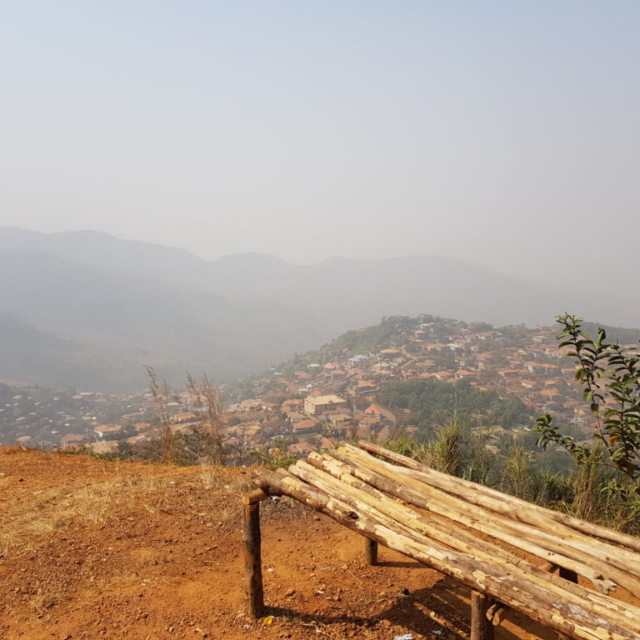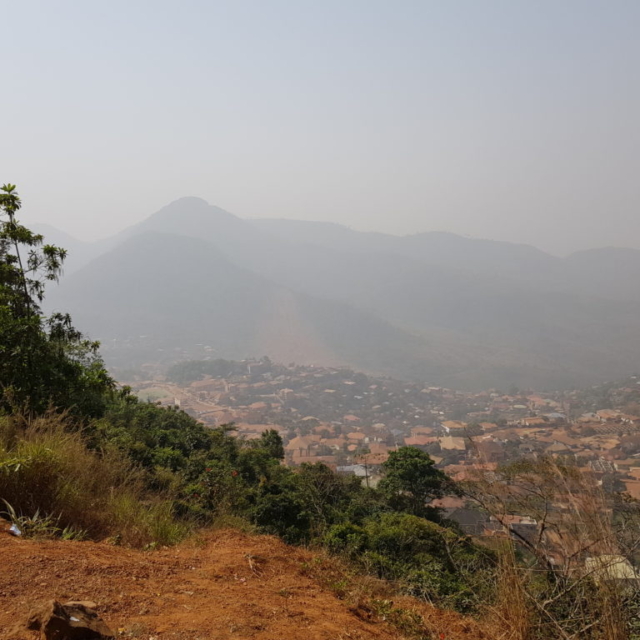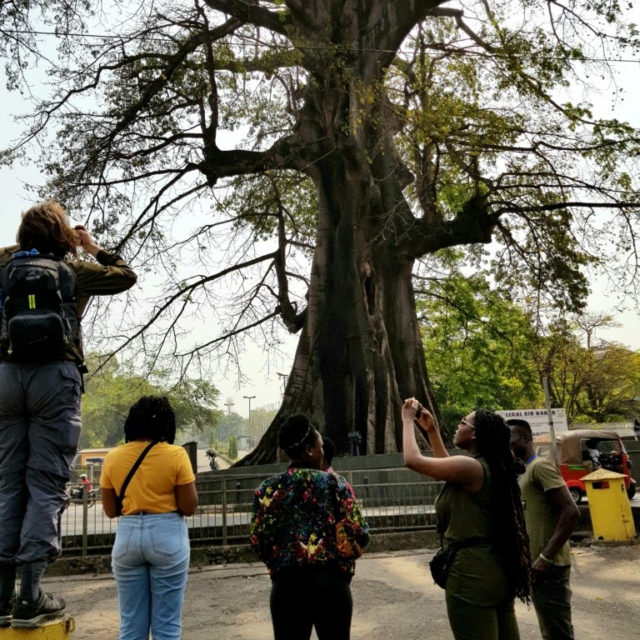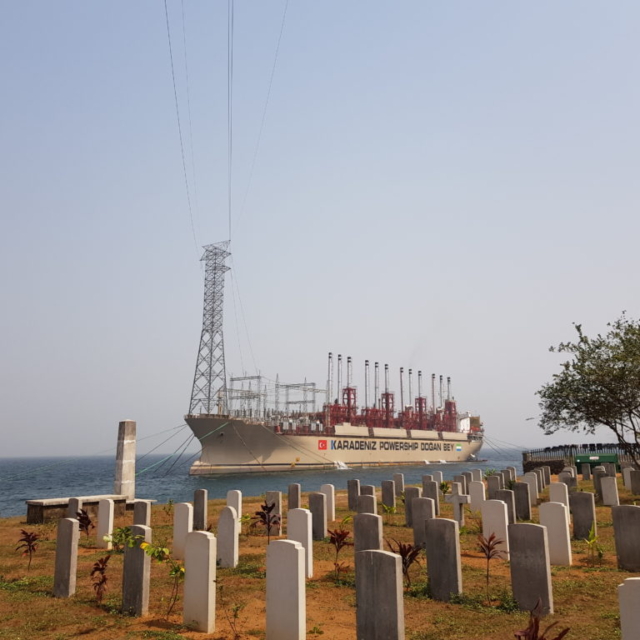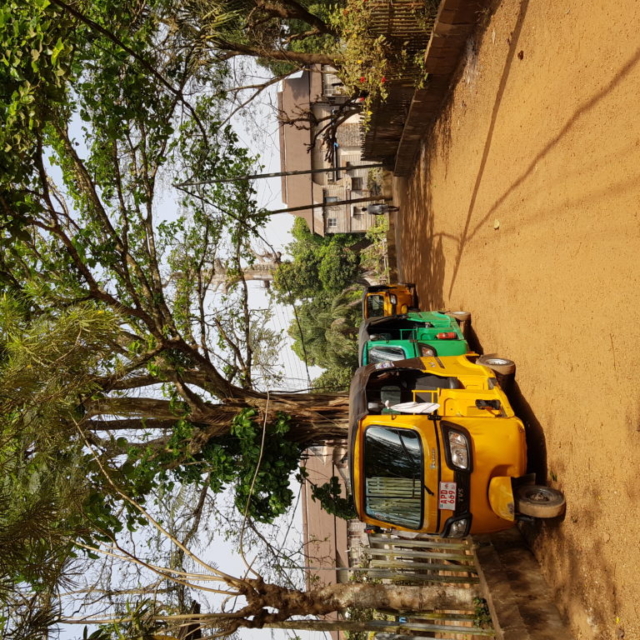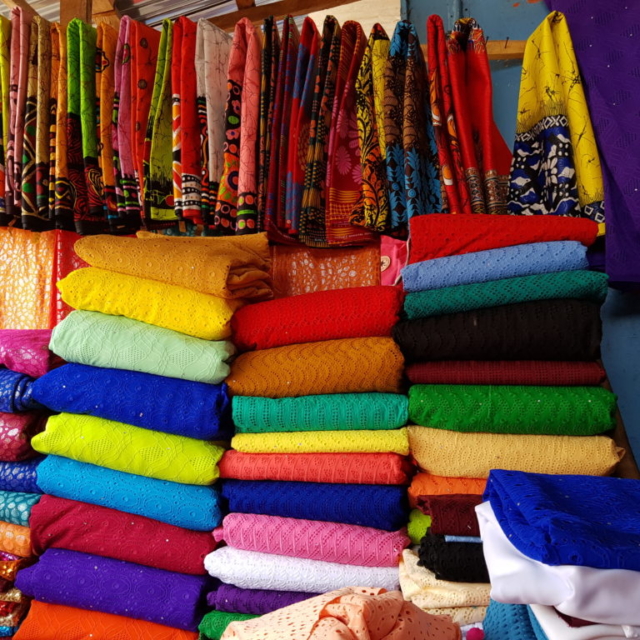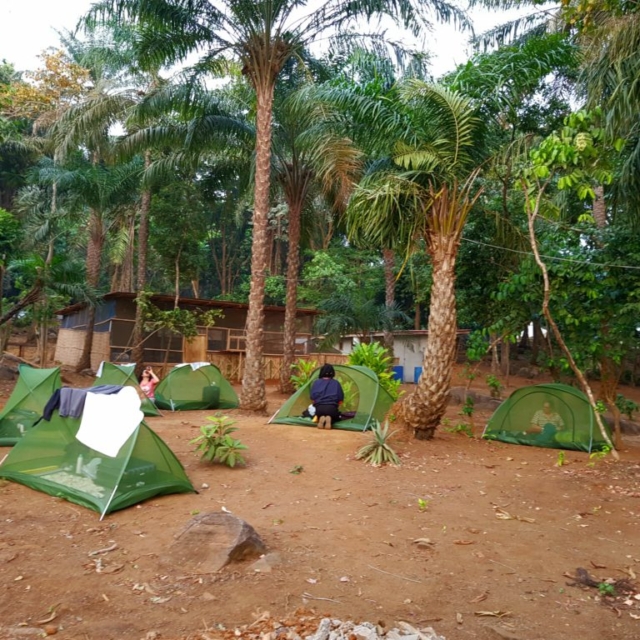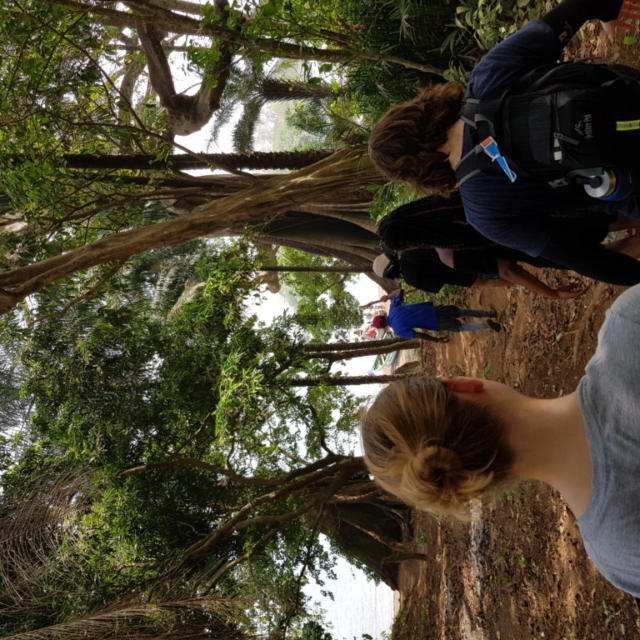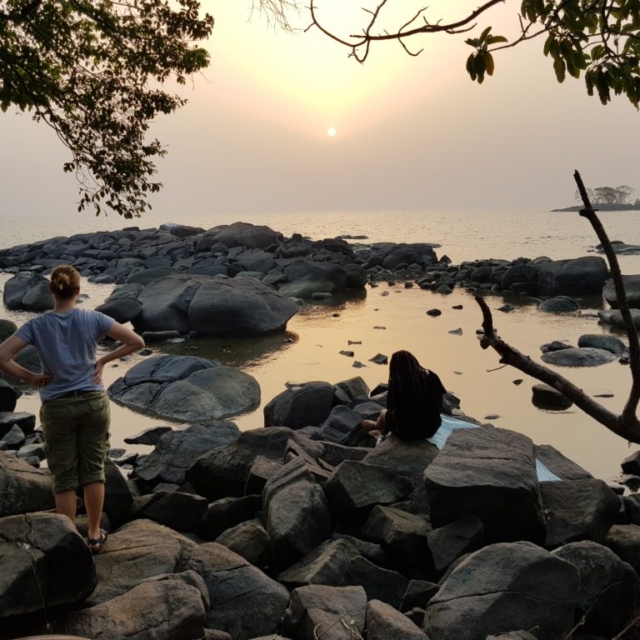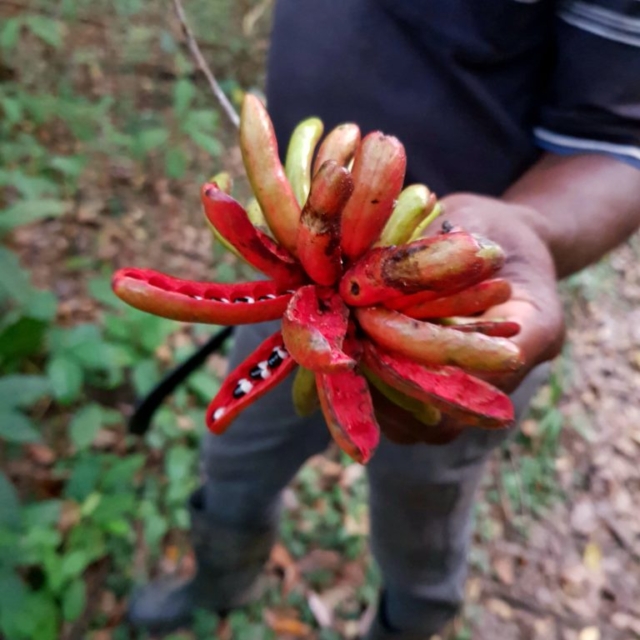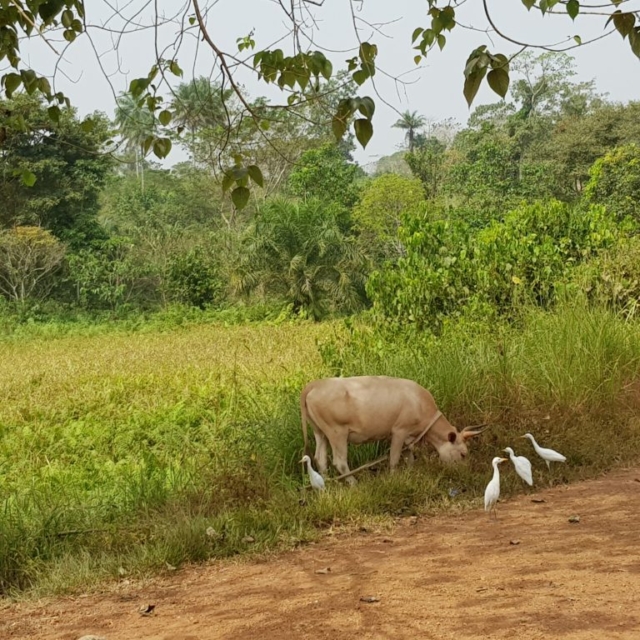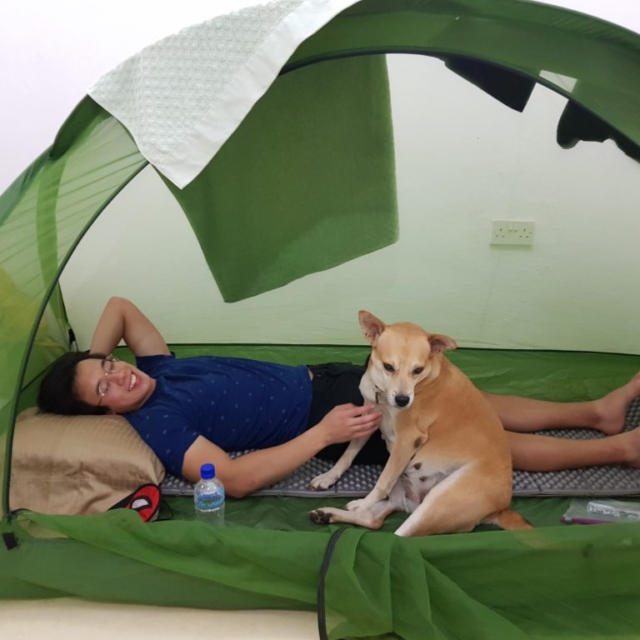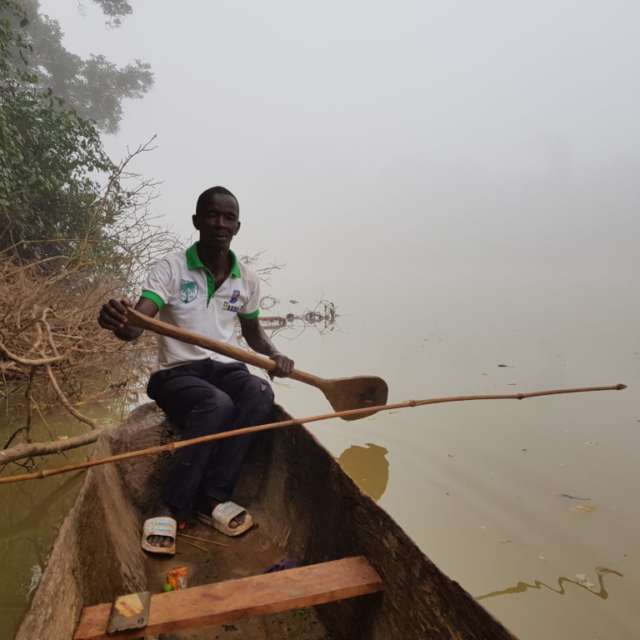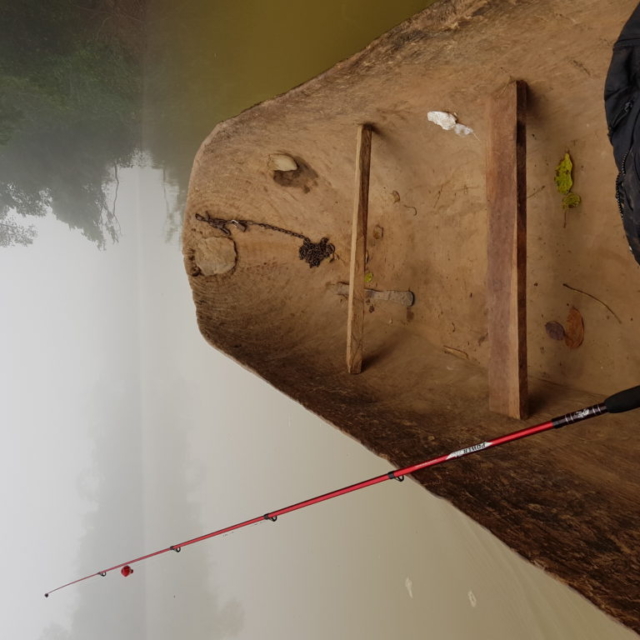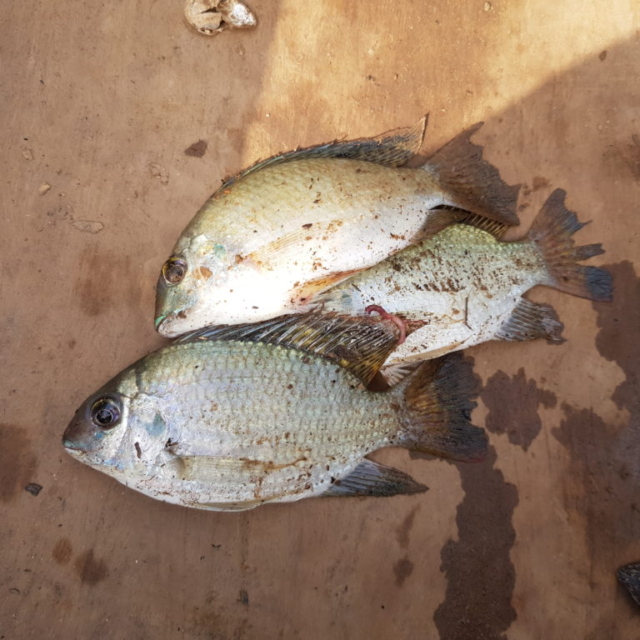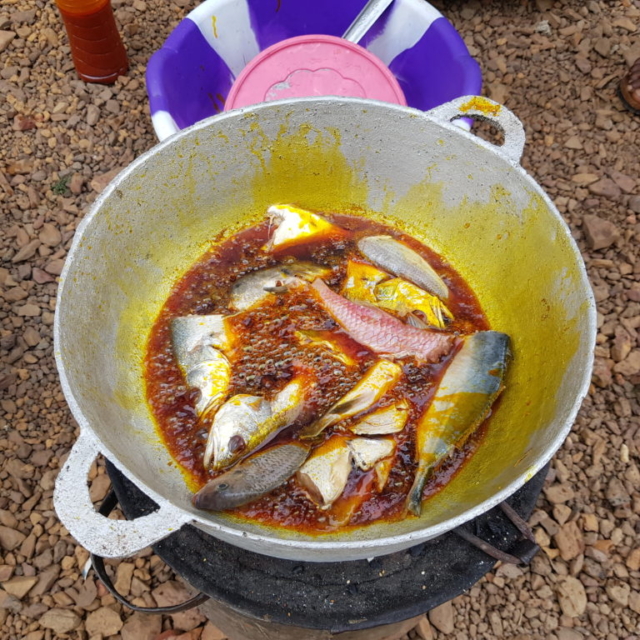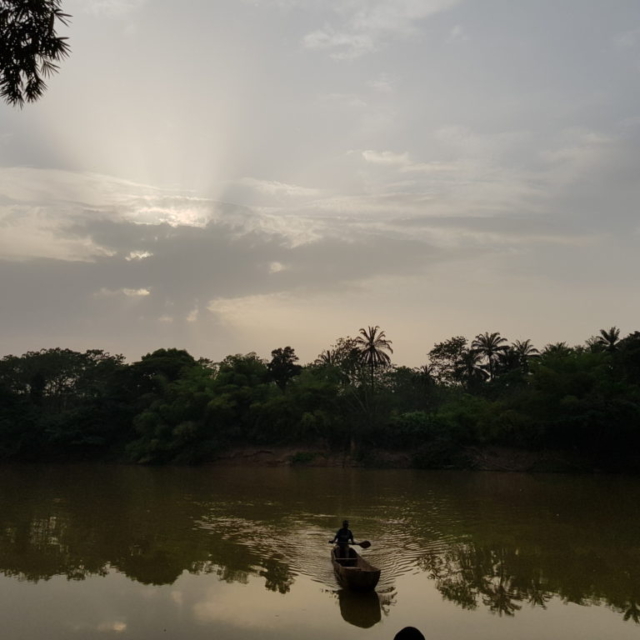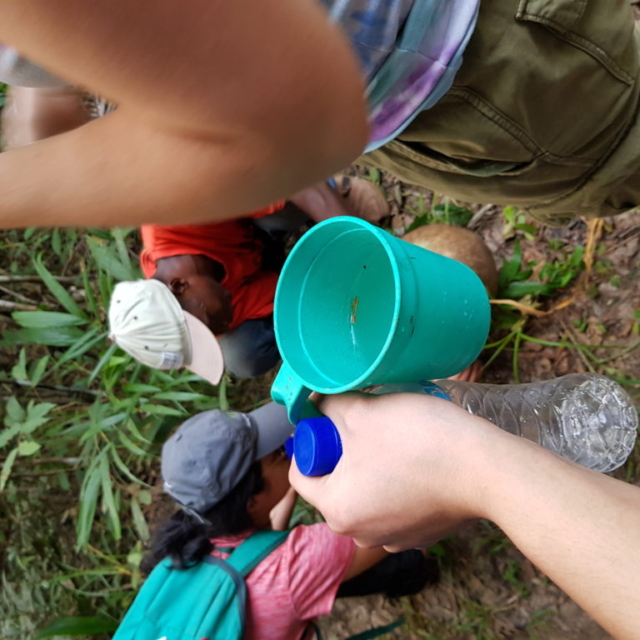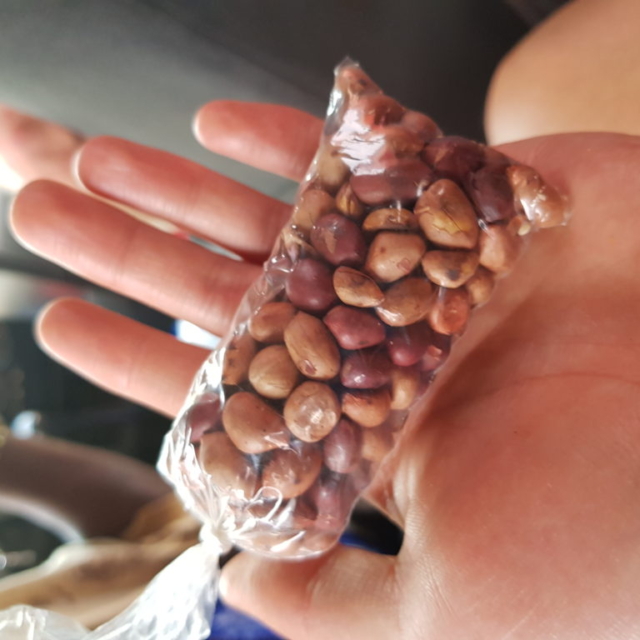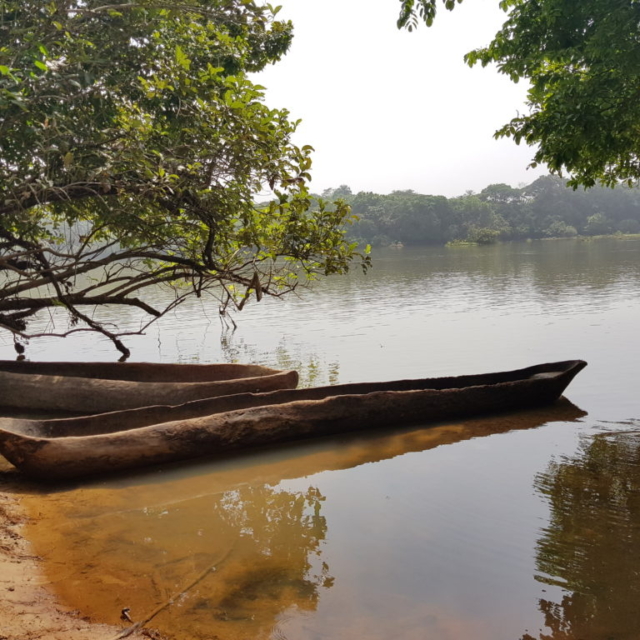Study Abroad(winter 2019-2020)
Sierra Leone
Freetown
Tiwai Island
Njala University
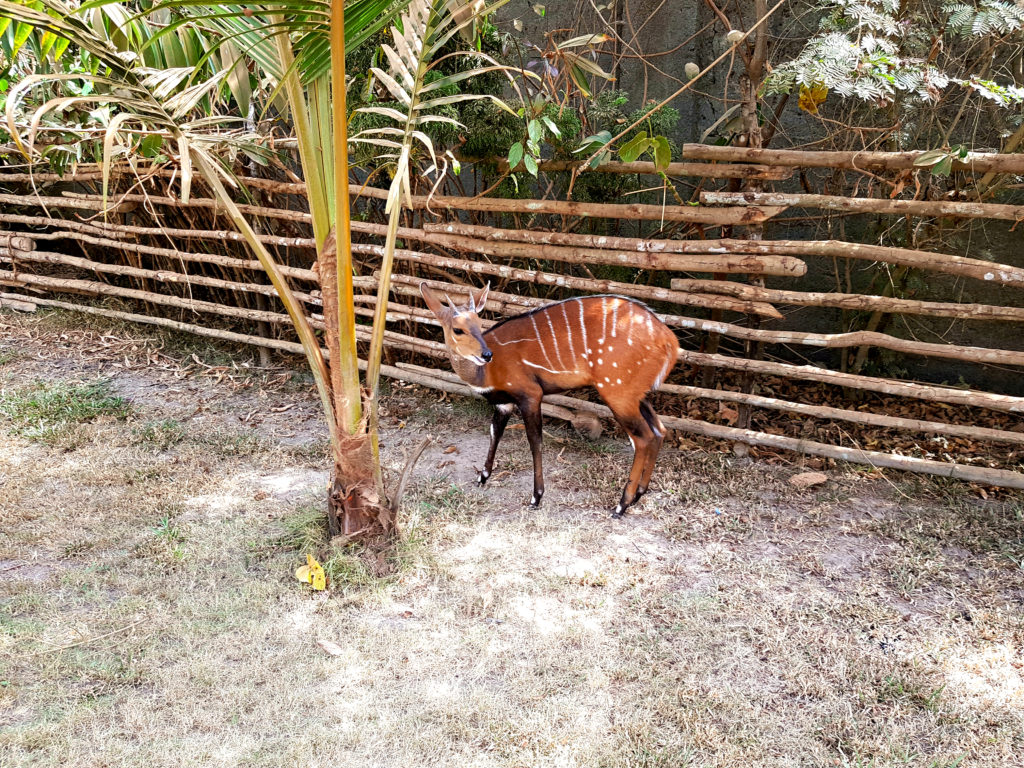
(Above image: a nervous, young bushbuck that was rescued by two Peace Corps workers)
During Winter Break 2019-2020, I had the opportunity to visit Sierra Leone through a study abroad program (History, Culture, and Development of Sierra Leone) offered by the college of ACES/LAS at the University of Illinois at Urbana-Champaign. The total length of the program was a little over two weeks, but allowed for an incredible experience relating to international development, sub-Saharan African history, and agricultural economics in Sierra Leone.
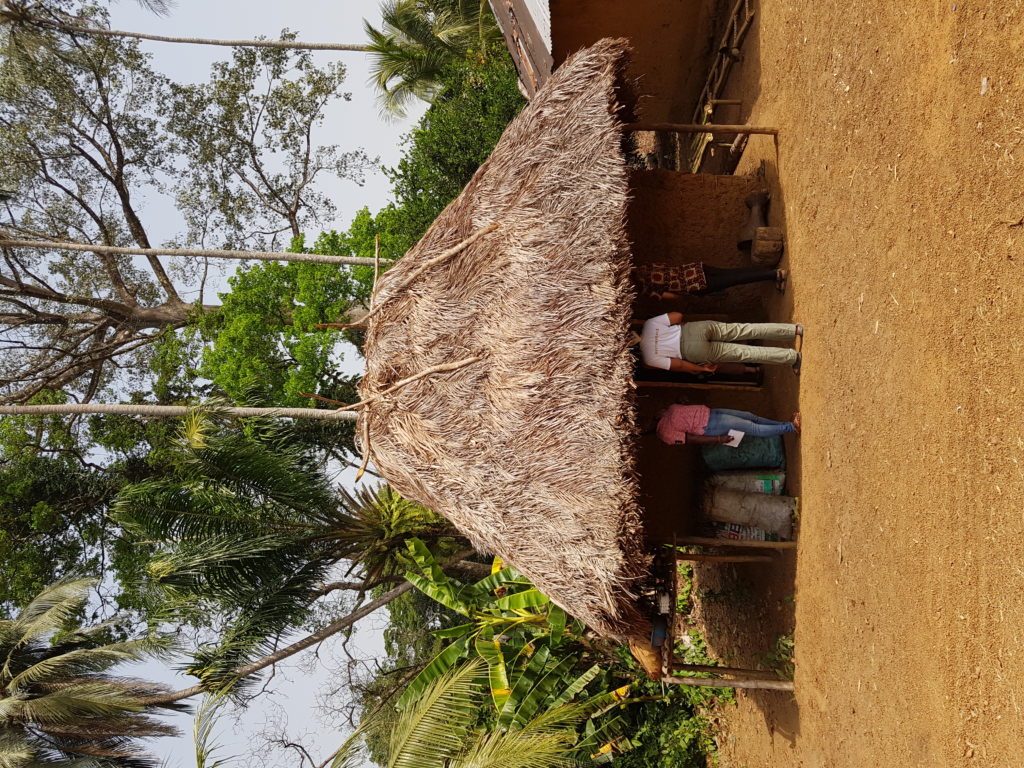
(Above image: a drying house made from earth and thatch. Bags/baskets of grain are elevated off the floor and a fire is lit below to facilitate drying)
Assessing Drying and Storage Technologies in Sierra Leone
The main goal of the study abroad was to visit communities throughout Sierra Leone and gather data surrounding current storage methods of common crops such as groundnut, maize, rice, etc. We also assessed the efficacy of the Purdue Improved Crop Storage (PICS) bags in maintaining grain quality. We worked closely with Njala University students and faculty to collect and assess the data. Workshops were conducted to educate farmers of the dangers of mycotoxin production in improperly stored grain.
Common Grain Storage Issues
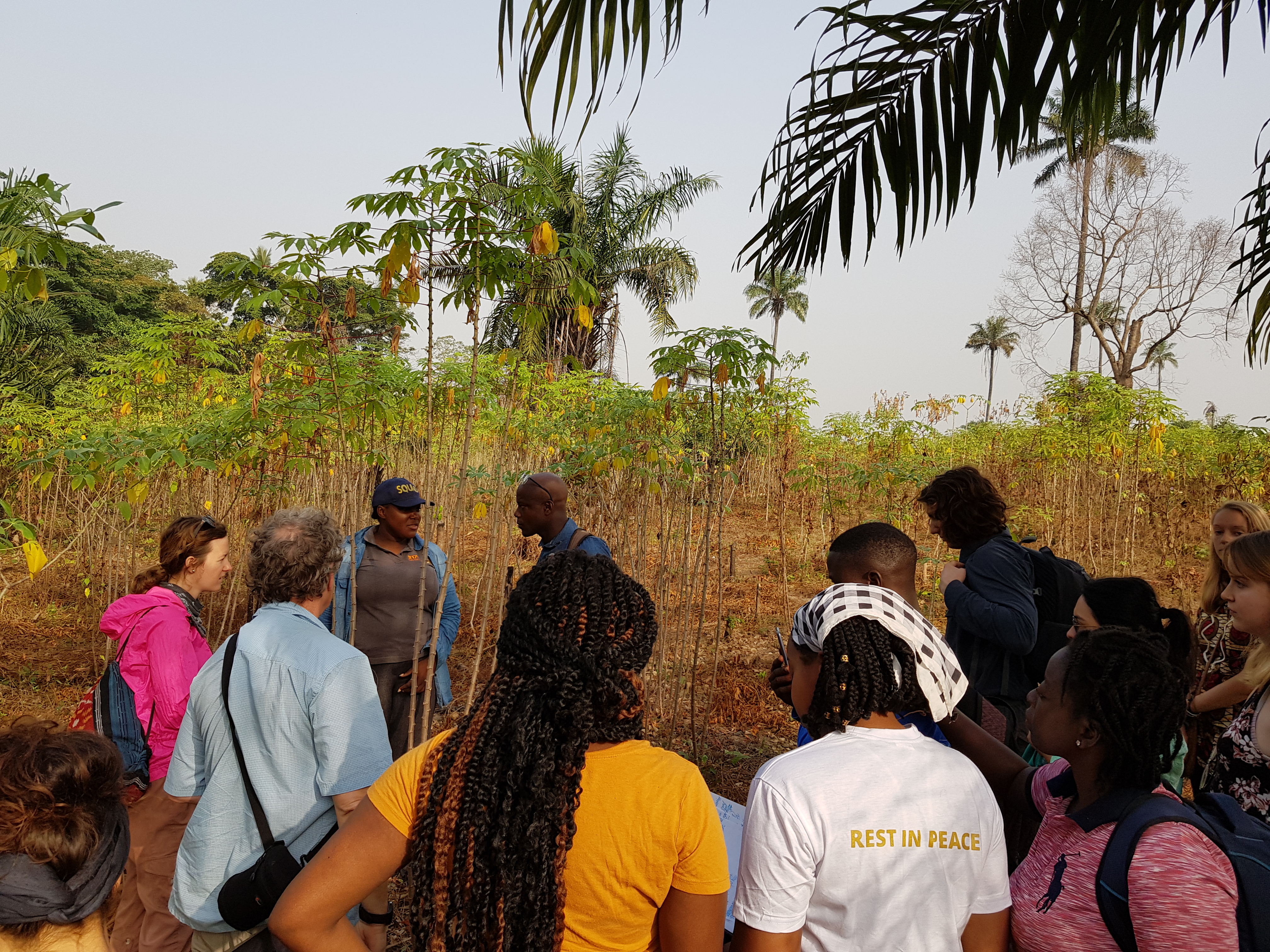
Contamination of grain through insects, microbes, and rodents was a common problem across focus groups . Using PICS bags allows farmers to store grain in an air/watertight environment, suffocating insects and limiting fungus growth.
Although PICS bags are effective at protecting grain from biotic and abiotic factors, the cost ($1.00-$1.50 USD) often prevents farmers from purchasing them.
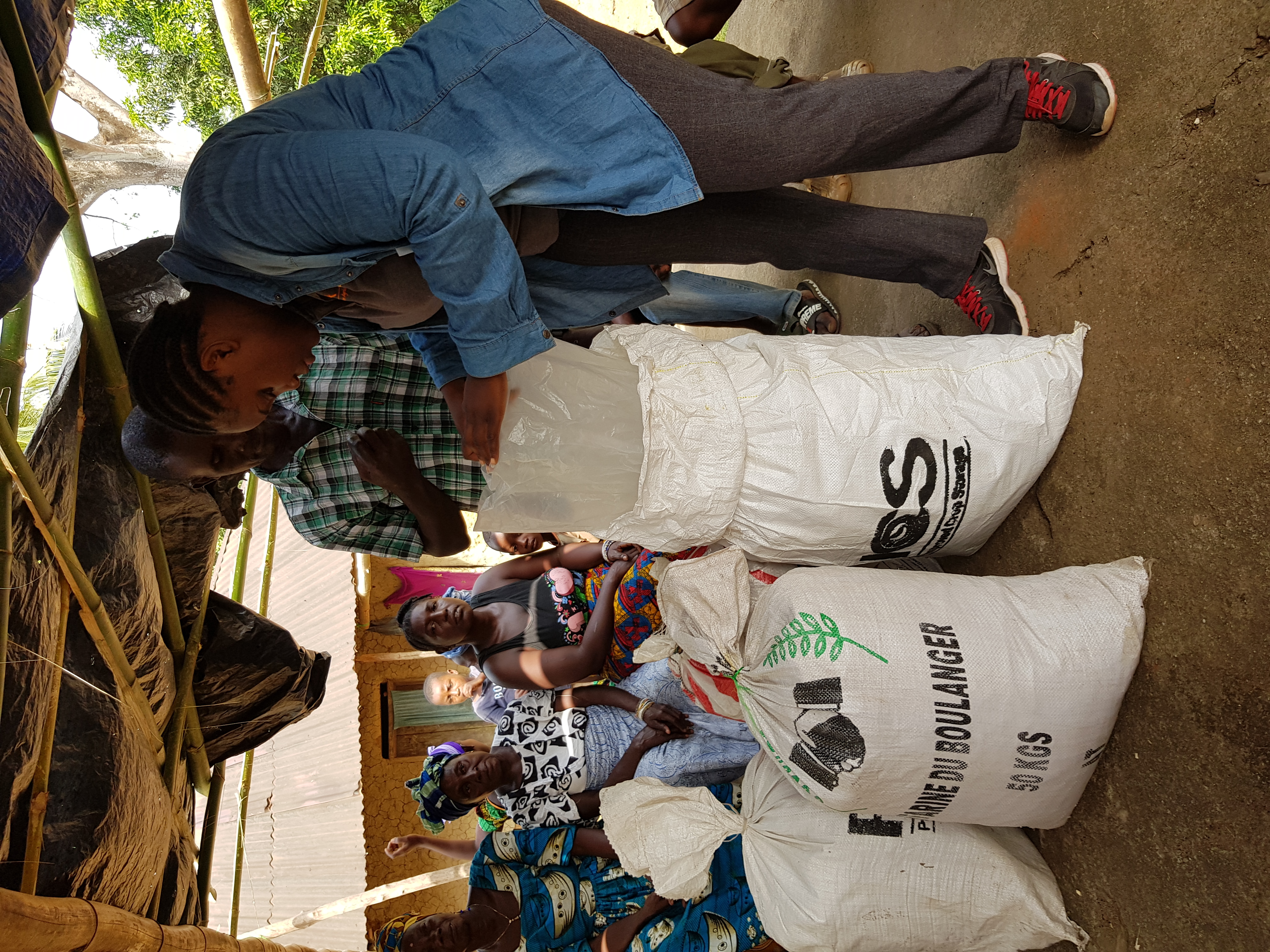
Government Impact on Local Communties
Local farmers within the focus groups stated that there are programs that are sponsored by the government, but oftentimes, the leaders of the programs are not qualified; they are not farmers themselves. Agricultural Business Collaborations (ABCs) and Farmer-Based Organizations (FBOs) also have issues with corruption. For example, farm machinery is claimed by the chief of the community for use at his own farmland or business. This problem illustrates the inequality that local farmers face, even though resources are being allocated towards the agricultural sector.

